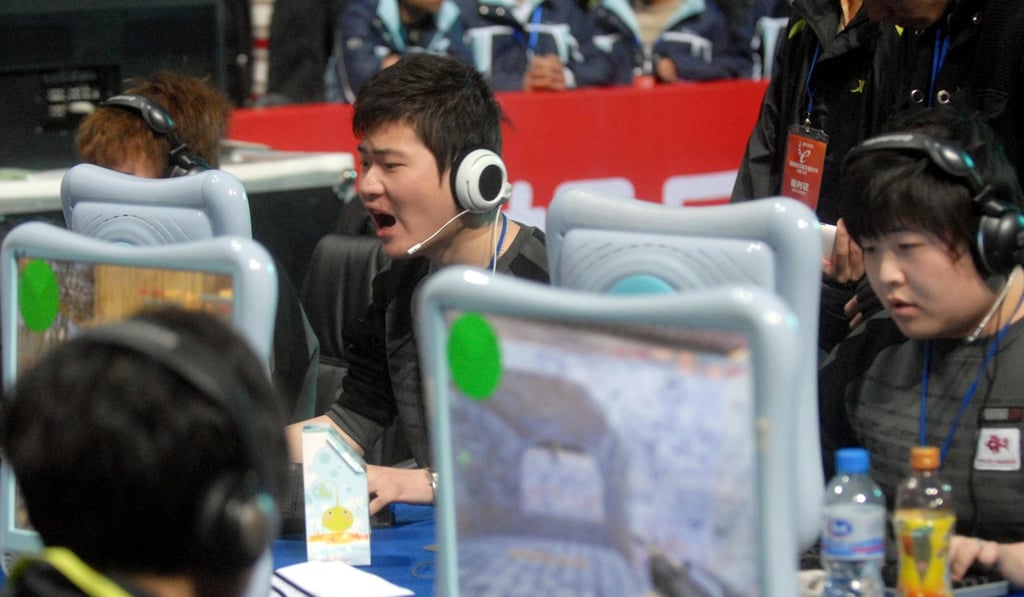South Korea to lose more than US$9 billion when WHO classifies gaming addiction as disease: report
- Seoul officially protested the move by the World Health Organisation in a letter sent on Monday citing other factors that may influence such behaviour
- The global health body included gaming disorder in its International Classifications of Diseases list last June


The report found that South Korea’s economy would take the huge financial hit over a period of three years if the disorder was officially recognised, with gaming exports set to record a further 1.1 trillion won loss by the third year.
In light of such fears, the country’s culture ministry sent a letter to the WHO on Monday opposing the codification of gaming addiction as a disease and citing other factors that might influence such behaviour, according to the Yonhap news agency.
The WHO defines gaming disorder as “a pattern of gaming behaviour … characterised by impaired control over gaming, increasing priority given to gaming over other activities to the extent that gaming takes precedence over other interests and daily activities, and continuation or escalation of gaming despite the occurrence of negative consequences.”